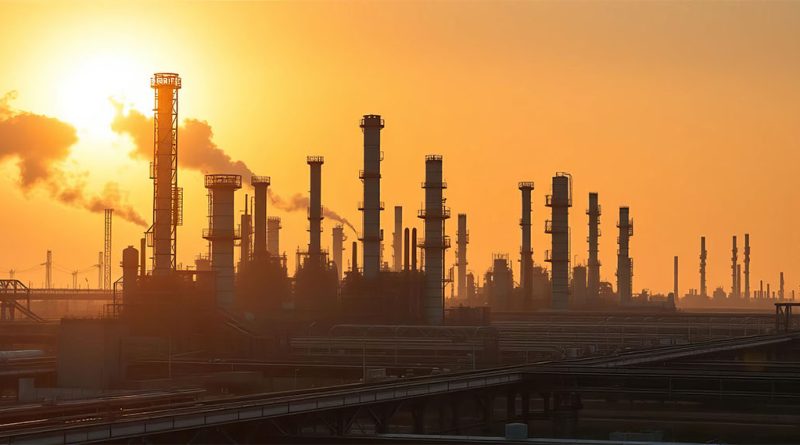UK Steel Industry at Risk: Global Oversupply and Imports Surge Threaten Jobs
The UK’s steel sector is facing a critical crisis as global overproduction threatens domestic producers. With an estimated 543 million tonnes of excess capacity in 2023, steel markets worldwide are flooded with supply from state-subsidized industries in Southeast Asia and the Middle East. China, the world’s largest steel producer, is expected to export 100 million tonnes in 2024 alone—enough to meet the UK’s steel demand for 13 years.
This situation has been compounded by a surge in imports, which now account for 68% of the UK’s steel consumption, up from 60% in 2023. The combination of excess supply, falling prices, and the looming expiration of steel safeguards threatens the future of the UK steel industry.
The Impact of Global Steel Overproduction
The global steel industry is grappling with massive overproduction, largely driven by state-backed initiatives in countries like China, Southeast Asia, and the Middle East. Global overcapacity stood at 543 million tonnes in 2023, far outstripping demand, and is expected to grow further. This oversupply, combined with weakening demand in China, has led to a flood of low-cost steel exports into international markets.
For the UK, this has resulted in a sharp rise in imports. From 2022 to 2024, the UK’s import share increased from 55% to 68%, eroding the market for domestically produced steel. The last time the UK experienced such high levels of imports, several steel plants were forced to close, causing widespread job losses.
Historical and Current Challenges for UK Steel
The UK steel industry has faced challenges in the past, notably during the 2015-2016 downturn when several plants closed, leading to over 5,000 job losses. Today, similar risks loom large, with the potential closure of the Scunthorpe Steel Works due to disruptions in the supply of coke—a vital material in steel production. If production at Scunthorpe halts, the impact on the local economy and supply chain could be severe, affecting thousands of workers in the region.
The expiration of UK steel safeguards in 2026 adds another layer of uncertainty. These safeguards, which have protected the industry from trade diversions, are set to expire, leaving the UK steel market exposed to global volatility.
UK Steel’s Call for Government Action
UK Steel has called for urgent government intervention to protect the sector from global overcapacity. Among their recommendations is a review of trade policies, with the potential to use WTO exceptions to impose stricter import controls. Additionally, the organization advocates for reforms to the UK’s trade remedies framework, making it easier for domestic producers to seek relief from unfair competition.
UK Steel also emphasizes the need for stronger carbon leakage protections to ensure that UK-produced steel, made with higher environmental standards, remains competitive. Public procurement policies should be reformed to prioritize the use of UK steel in government infrastructure projects.
The Decarbonization Dilemma
A major challenge for the UK steel industry is balancing decarbonization efforts with the economic pressures caused by global overproduction. The UK government has invested heavily in green steel technologies, including electric arc furnaces (EAFs). However, the influx of cheaper, carbon-intensive imports from countries with fewer environmental regulations threatens to undermine these efforts.
Countries like China continue to rely on high-emission blast furnaces, which dominate steel production in the region. As UK producers face higher costs to meet environmental standards, their ability to compete on price is diminished. This dynamic risks jeopardizing the UK’s decarbonization goals and the investments made in low-emission steel technologies.
A Critical Juncture for the UK Steel Industry
The UK steel sector is at a pivotal crossroads, with global overproduction and cheaper imports threatening its future. Without bold government action, including stronger trade policies and enhanced carbon leakage protections, the UK risks further plant closures and job losses. Decisive steps are required to protect domestic producers and ensure the long-term sustainability of the industry.
The future of the UK steel industry depends on the government’s ability to create a competitive environment that supports domestic production while aligning with decarbonization goals. Failing to do so could result in the UK becoming increasingly reliant on volatile global steel markets.
Sources:
